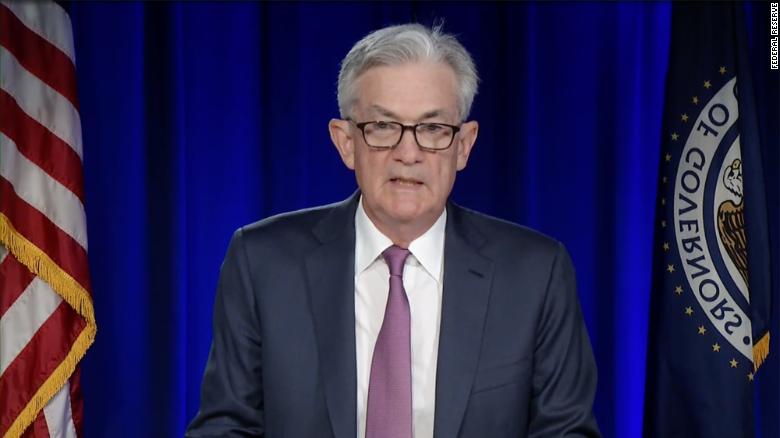London (CNN Business)European economies posted stronger than expected growth in the second quarter, with consumer and business confidence booming as Covid-19 restrictions were eased.
GDP across the European Union rose by 13.2% compared with the same period last year, and by 1.9% compared with the previous quarter, according to a preliminary estimate published Friday by the EU statistics office. The 19 EU countries that use the euro currency posted even stronger growth of 13.7% and 2% respectively, easily beating a Reuters forecast of 1.5%.
Unlike the United States, which posted second quarter annualized growth of 6.5% on Thursday, European GDP has yet to return to its pre-pandemic level, though economists at Berenberg Bank forecast that it could achieve that milestone before the end of the year.
Annual inflation across the euro economies also shot up, and could hit 2.2% in July, according to official EU statistics. That's higher than the European Central Bank's target of 2%.
Accelerating price increases were driven by rising energy costs (up 14% in July), food, alcohol and tobacco (up 1.6%) and services.
"The reopening of non-essential shops has seen retail sales leap back toward pre-pandemic levels, while there are signs that firms' investment plans are rising, which bodes well for continued growth," said Tej Parikh, a director at Fitch Ratings' economics. "The economic momentum from the reopening is building going into [the third quarter], but a rise in cases of the Delta variant across the eurozone may pose a downside risk."
What comes next
More recent economic data for Europe continues to look promising.
The Purchasing Managers' Index from IHS Markit released last week showed that business activity for the countries that use the euro grew at the fastest rate in 21 years this month. Activity in the services sector boomed as residents took advantage of easing restrictions, while supply chain issues dented manufacturing output.
That dynamic was already apparent in the second quarter, when export-reliant Germany's GDP growth was weaker than expected, while travel hotspots Italy, Spain and Portugal did better than forecast.
"The eurozone is enjoying a summer growth spurt as the loosening of virus-fighting restrictions in July," said Chris Williamson, chief business economist at IHS Markit. "The services sector in particular is enjoying the freedom of loosened Covid-19 containment measures and improved vaccination rates, especially in relation to hospitality, travel and tourism."
But the spread of the Delta variant of the coronavirus in the region remains a concern, particularly for its tourism-dependent economies.
"So far, available indicators show very little impact on economic activity [from the spread of the variant], but sentiment data is starting to show signs of increased concern about the health situation," wrote Oxford Economics in a research note.





